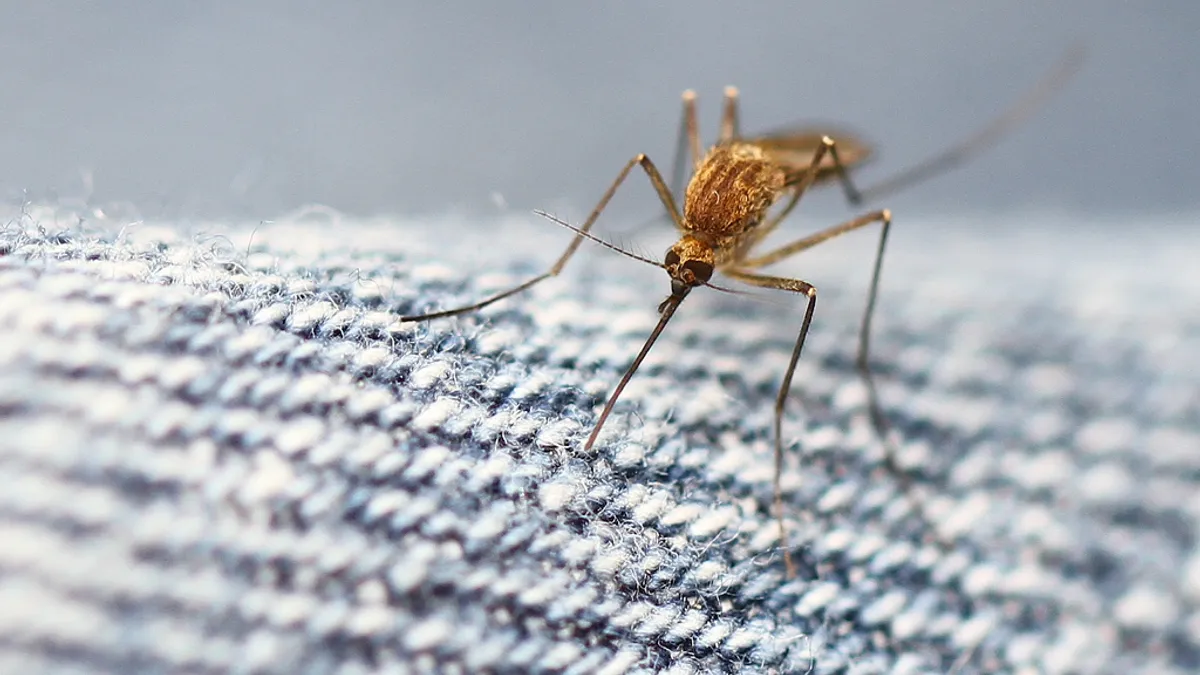Dive Brief:
- As the Zika virus establishes a presence in the U.S., employers may be liable for sending highly at-risk employees (pregnant women, or women planning on becoming pregnant) to afflicted areas, according to Business Insurance.
- A main complication is some women may not want to make their plans for having children public with their managers. On the other side, employers may attempt to take the safe route and avoid potential litigation by keeping employees of reproductive age from traveling to Zika zones – though that could run afoul of laws that prevent gender and/or pregnancy discrimination Business Insurance reports.
- The mosquito-borne and sexually transmitted virus can cause microcephaly and other birth defects in developing fetuses, a scary risk for affected employees.
Dive Insight:
From a liability POV, if employers give affected employees information about the work risks and "avoid negligent actions," they can’t be held liable for any negative health outcomes, whether to the employee or their newborn child.
However, the common sense approach may be to recruit qualified employees internally for necessary travel to Zika-afflicted areas, coupled with providing detailed information of Zika risks. To be clear, the disease can be transmitted sexually (apart from mosquito-borne infection) and both men or women of reproductive age can be at risk.
It's clearly a complex scenario and employers should consider every factor before sending at-risk employees to Zika hot zones.












